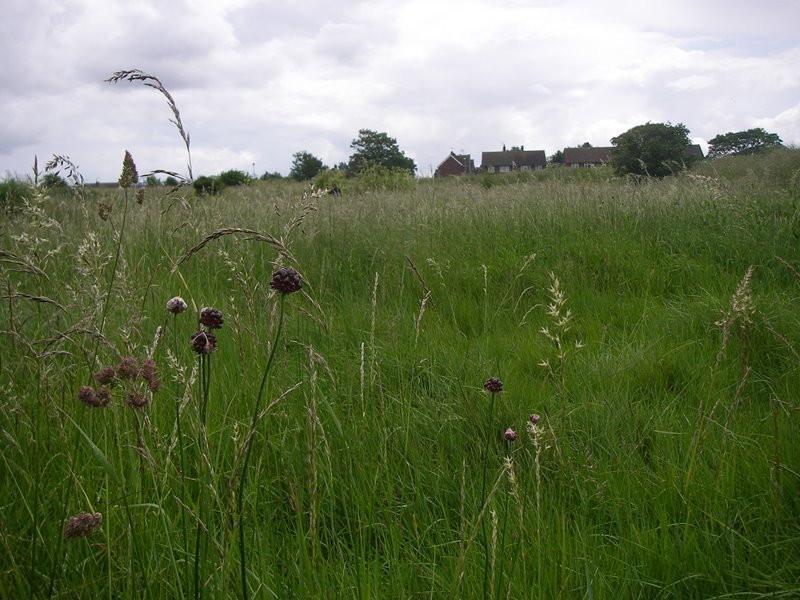I approached Forager in early 2016 while searching for a group of commercial foragers with whom to carry out eight weeks of ethnographic fieldwork for my MSc dissertation in ethnobotany (or the relationship between people and plants) at the University of Kent.
Forager agreed for me to become a temporary member of their foraging team, and proved an ideal research partner – both generous in sharing their knowledge and ideas and interested in my own.
As the greenery and blossoms of late spring and early summer unfolded, imperceptibly at first, then with mesmerising speed, my orientation towards my surrounding environment changed forever. Wild plants on the roadside suddenly meant something to me personally. I didn’t just know what they were, but I’d tracked them, observed them, and eaten them – interacted with them with all my senses. I was becoming acquainted with them not as objects, but as beings. And I was not alone: the majority of my colleagues reported a similar cognitive and spiritual awakening to have taken place early in their foraging careers.
My own experiences at Forager and conversations with the company’s employees have forced me to question many Western preconceptions about humanity’s place in the world. Is human culture really so separate from wild nature? Is it productive to distinguish between cerebral and embodied – or indeed scientific and popular – knowledge? By combining the two, can our active use of natural resources actually improve ecosystem diversity? During this intense period I also learnt the humility, patience and wonder that result from responding to nature’s seasonal rhythms – a true life lesson that everyone should experience.
My dissertation, Commercial foraging in Kent, UK: the phenomenology of an ethical practice, is the first academic study of commercial foraging from the practitioners’ point of view to have been undertaken in England. In it I describe how Forager’s employees reconcile their business and environmental obligations when out foraging, according to their strong motivation to create more sustainable food systems for all. This research contradicts the image of commercial foragers as profit-hungry pillagers depicted by a recent wave of anti-foraging sentiment in the popular press. It is available to download here.

